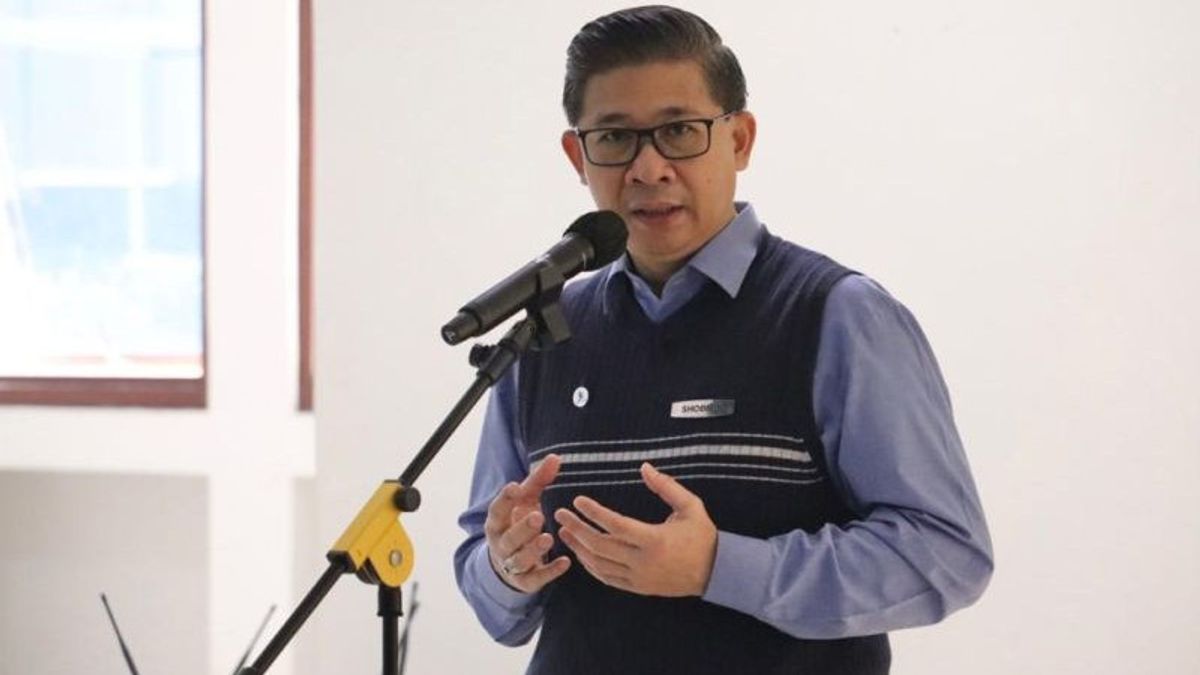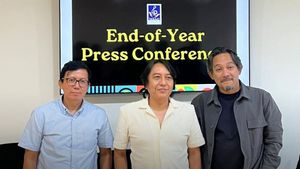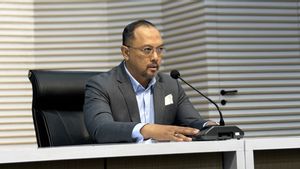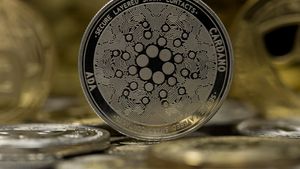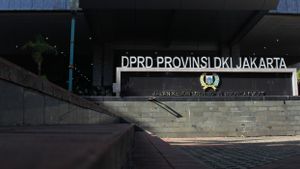BANDUNG - General Chairperson of Indonesian Textile Experts (IKATSI) M Shobirin F Hamid proposed the Gedebage area, Bandung, West Java, especially the clothing market used by Cimol, to become a textile trading center as well as a textile tourist destination.
"Even though it is used as a textile trading center as well as a textile tourism destination, it still prioritizes its own unique elements, so that it remains the main goal for people to shop for textiles and textile products and other textile accessories," he said in a written statement in Bandung, Antara, Sunday, June 4.
His party, said Shobirin, also encouraged the government to provide concrete solutions for sellers of used imported clothing (thrifting).
He did not justify Thrifting activities, but many people depend on buying and selling imported clothing, especially since many people have survived due to Thrifting during the pandemic.
The trading activities of used goods must be seen from several things, namely first, the market for leaks or buying and selling used goods is legal.
According to him, the apparatus should not take action or seize cellphones, gossip computers or used electronic goods that are traded and the same as buying and selling used clothes.
"Second, there are thousands of people who have long been involved in this commercial which is dominated by small communities, so the handling of this case must be wise and do not prioritize repressive, intimidating attitudes and other forms of violence," said Shobirin.
Third, he continued, is that activities that violate the law are illegally entering these used goods and this needs to be dealt with and investigated who the players are.
"All interested parties must sit down together to provide concrete solutions for them," said Shobirin.
Data from the Central Statistics Agency (BPS), imports of used clothing in Indonesia will reach 26.22 tons by 2022.
According to Shobirin, the decline in the performance of the textile industry was not only triggered by Thrifting activities, one of which needed to be dealt with was the import of illegal used goods, in addition to importing TPT goods, which actually did not need to be imported.
"In fact, the most important thing is how to eradicate imports of illegal textiles and their import abuse. So (thrifting) there is a threat, but it is not the main trigger," he said.
"Stigma kita semua industri textile jatuh karena thrifting. Padahal bukan, tapi ilegal textile impor dan penyalahgunaan impornya yang harus ditertibkan," lanjutnya.
He gave an example, assuming there are around 2,000 used clothing traders in Gedebage, Bandung City, the circulation of money is around Rp120 billion per month if each trader earns a turnover of Rp2 million per day.
This value, said Shobirin, is relatively small, because the money round in Gedebage is only equivalent to turnover in two medium or medium-sized factories.
He also supports the government's intention to suppress the negative impact of thrifting such as health and economic aspects, which sales of used goods do not stimulate economic growth.
However, he still asked the government to provide clear long-term regulations and solutions for current used goods business people.
"The solution is that the government must be able to protect the domestic market and provide various incentives that have an impact in the short and long term to stimulate the growth of new companies and increase efficiency and competitiveness of local industries," he said.
Thus, do not let imported goods depend on imported goods from raw materials to finished products. If the domestic industry lives and increases, it will produce multiple effects such as rising employment opportunities and decreasing unemployment rates.
"Which in the end will increase the overall movement of the economy," he said.
Shobirin appreciated the policy of the Ministry of Cooperatives and SMEs and the Ministry of Trade which agreed to provide concessions for used-import clothing traders to sell the remaining merchandise.
However, he said, the used clothing business is already big and many people depend on the business.
"IKATSI provides input so that it is legally enforced, but on the other hand, these used clothing traders are empowered considering the situation and conditions are getting bigger," he said.
IKATSI is a professional organization whose members consist of academics, researchers, practitioners, professionals in the textile industry, and graduates of textile colleges in Indonesia.
The English, Chinese, Japanese, Arabic, and French versions are automatically generated by the AI. So there may still be inaccuracies in translating, please always see Indonesian as our main language. (system supported by DigitalSiber.id)
